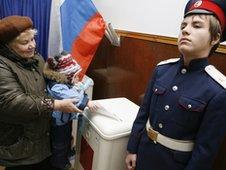Viewpoint: Are post-poll protests a Russian Spring?
- Published
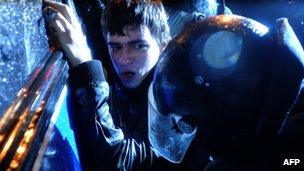
Angered by what they said was a rigged election, protesters defied a ban and risked arrest
Are we witnessing a Russian Spring this winter? This is the question my US and European colleagues have been asking me over and over again in recent days.
I am not certain that developments in Russia will mirror those in the Arab world but one thing is certain - what we witnessed on 4 December was a return of live politics to Russia, a politics that everyone thought was comatose.
For a second day running, in Moscow and St Petersburg, we have witnessed the kind of pro-democracy rallies that the cities had not seen since the rough and tumble of the early 1990s. And, although the outcome is far from clear, a few things are already coming into focus.
This election turned out to be a de-facto referendum on Prime Minister Vladimir Putin's United Russia party and on his decade in power.
Even if we believe the official results to be without doubt - which they are definitely not - a very serious signal has been sent to the country's ruling class.
December's vote can be seen as a kind of "ground zero" for Russia's presidential elections, scheduled for March 2012.
Mr Putin is widely expected to be elected to his third term in power, but the Duma election has cast a shadow.
If, in spring, Mr Putin goes into a kind of mock battle similar to those of most of the previous elections, he will lose even more credibility.
He could have gambled - opening the field to genuine competition and following a kind of Putin 2.0 strategy, a move his aides predict will happen eventually. However, if he does, he will have to opt for general liberalisation as opposed to cosmetic liberalisation, and be prepared to face a barrage of criticism.
Knowing the Russian leader, this is a very unlikely scenario. Mr Putin, it seems, will either have to crack down hard on dissent or face growing dissatisfaction among the masses and an increasing disappointment with his ability to control the situation from within the ruling class.
Nascent middle class
There are a few other new developments too. This was the final election in which state-controlled still TV has still played a decisive role. Internet penetration in Russia has already grown massively but, by 2016, when the next voting cycle starts, as much as 75% or 80% of voters will have online access.
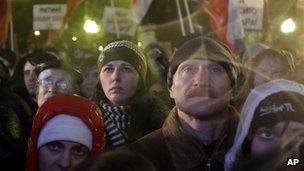
Internet access has enabled activists to speak directly to voters disengaged with the political class
And, although 80% or 90% of users surf the web in search of celebrity gossip, dating or bargains, politically-minded citizens now have a free platform to engage in debates and organise themselves.
Unmasking the vote-rigging would have been impossible without smartphones, Facebook and Twitter.
Online activism made offline self-organisation not only possible, but effective.
This is why it is possible that the government will attempt to introduce restrictive legislation around the internet - a development to watch in 2012.
This was also the first Russian election in which the country's nascent middle class - the self-sufficient, English-speaking, iPad-juggling 30-somethings - really went out to vote.
This is the generation which benefited from the oil boom of Mr Putin's presidency between 2000 and 2008.
But economic crisis, political stagnation and corruption has turned them against the regime.
These people are a minority, but an increasingly influential one in the big cities, which is where real politics happens in Russia.
These people are the future of Russia and the Kremlin has lost them, irrevocably.
While this may not be a Russian Spring quite yet, Russia's ruling class has been engulfed by a crisis of legitimacy and I cannot see it ending any time soon.
Konstantin von Eggert is a commentator and radio host for Moscow's Kommersant FM commercial station.
- Published6 December 2011
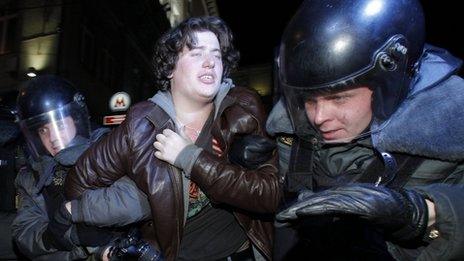
- Published16 February 2024
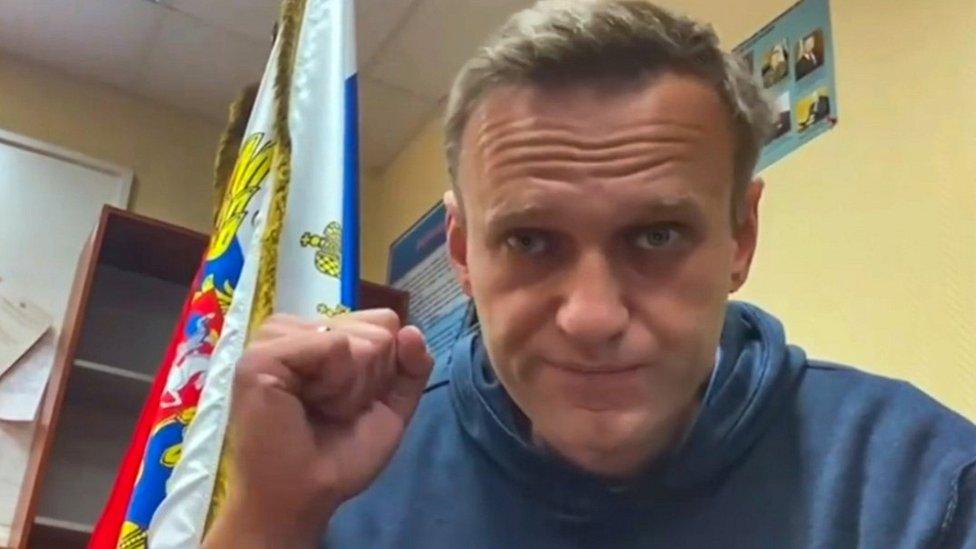
- Published6 March 2012
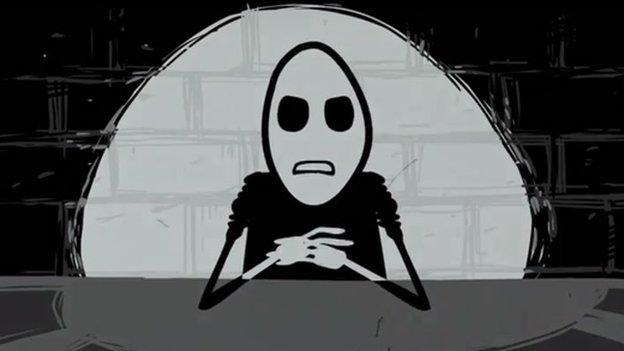
- Published5 December 2011
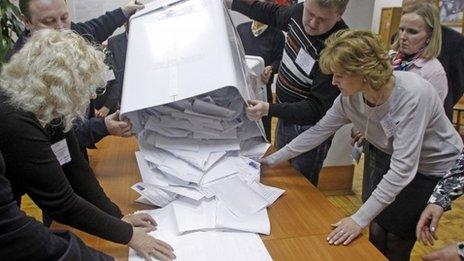
- Published6 March 2012
